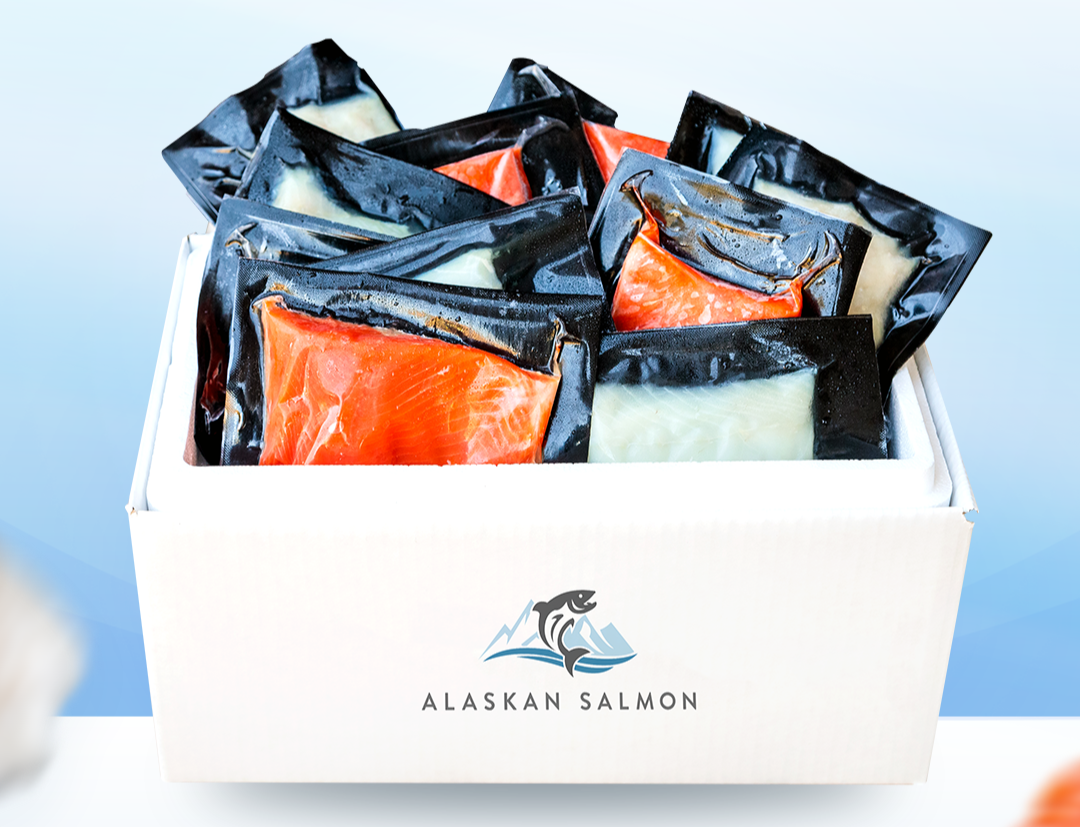What's the Best Oil for Cooking Salmon?
Updated on Oct 07, 2024
Salmon is a versatile dish that can be prepared in a variety of ways, from pan-searing to grilling, baking, or poaching. Although the cooking method matters, the type of oil you use can also greatly influence both the taste and health benefits of your salmon.
But with so many options available, which oil is the best for cooking salmon? In this article, we’ll discuss different options — including their flavor profiles, smoke points, and health benefits.
What's the Best Oil for Cooking Salmon?
When it comes to cooking salmon, olive oil, opens in a new tab stands out as the best choice. Here are the reasons why:
Flavor enhancement
Olive oil is a fantastic match for the taste of salmon because its mild, fruity flavor harmonizes with the fish's richness rather than competing with it. This makes it an ideal choice for a variety of cooking methods like grilling, pan-searing, or baking.
A staple of Mediterranean cuisine, olive oil is often used to enhance the natural flavors of seafood!
Health benefits
Rich in monounsaturated fats and antioxidants, olive oil is a heart-healthy option.
The predominant fatty acid in olive oil is oleic acid, a type of monounsaturated fat that comprises about 71% of its total content. Monounsaturated fats are known to improve heart health by lowering bad cholesterol (LDL) levels while raising good cholesterol (HDL) levels [*].
Moreover, olive oil has beneficial compounds that reduce inflammation and may help prevent tumors. Research also shows that it helps maintain a healthy balance of gut bacteria, which plays a role in digestion and immune health [*(opens in a new window)].
High smoke point
The smoke point of an oil is the temperature at which it starts to break down and smoke, which can make food taste bitter and reduce the oil's nutrients. Choosing an oil with the right smoke point is key when cooking at high temperatures to preserve flavor.
Extra virgin olive oil has a lower smoke point (around 375°F), while regular olive oil can handle higher temperatures (up to 465°F). This makes regular olive oil more versatile for cooking methods like grilling or pan-searing.
Versatility
Olive oil is not only great for cooking salmon but also for marinades, dressings, and finishing touches. Drizzling some overcooked salmon adds a fresh, flavorful finish.
For marinades, you can combine olive oil with ingredients like lemon juice, garlic, and fresh herbs to infuse the fish with flavor while keeping it moist. When you use olive oil in salad dressings, it provides a rich, velvety texture that complements the brightness of vinegar or citrus.
Other Oils for Cooking Salmon
Apart from olive oil, numerous other oils pair well with salmon. Here’s a closer look at some great alternatives:
- Algae Oil. The ultimate high-heat cooking oil, algae oil boasts the highest smoke point of all — up to 535°F. This makes it the perfect choice for searing salmon to achieve a crispy crust without burning the oil. Plus, its neutral taste allows the salmon’s natural flavors to shine. For the best results, try Algae Cooking Club’s Chef-Grade Algae Cooking Oil, opens in a new tab — a top choice for professional and home chefs alike.
- Avocado Oil. Light and buttery, it complements the richness of salmon. With a high smoke point of about 520°F, it’s perfect for high-heat cooking methods like grilling and pan-searing.
- Canola Oil. Neutral taste, allowing the salmon's natural flavor to shine through. It boasts a smoke point of around 400°F.
- Grapeseed Oil. Light and clean, it won’t overpower the dish. Use grapeseed oil to sauté vegetables like bell peppers, broccoli, and snap peas. Add cooked salmon chunks and toss everything together with soy sauce, ginger, and garlic for a quick and healthy meal!
- Coconut Oil. Subtle sweetness; can add a unique touch to your dish. Here’s an idea: Marinate salmon in a mixture of melted coconut oil, lime juice, and zest. Grill or bake the salmon for a refreshing dish that pairs well with grilled vegetables.
- Sesame Oil. Nutty and aromatic, it adds a unique taste to salmon. Refined sesame oil has a smoke point of 410°F.
- Peanut Oil. Mildly nutty, it can enhance the dish's flavor. Peanut oil’s taste pairs well with Asian-inspired dishes, so it an excellent choice for stir-frying vegetables and salmon together.
Summary
The oil you choose for cooking salmon can make a difference. Olive oil stands out as a top choice — it boosts the rich taste of salmon and provides heart-healthy monounsaturated fats and antioxidants. Not to mention, its versatility makes it perfect for various cooking methods.
However, don’t overlook other options like avocado oil and coconut oil. With these oils at your disposal, you can prepare salmon meals that are both tasty and nutritious.








